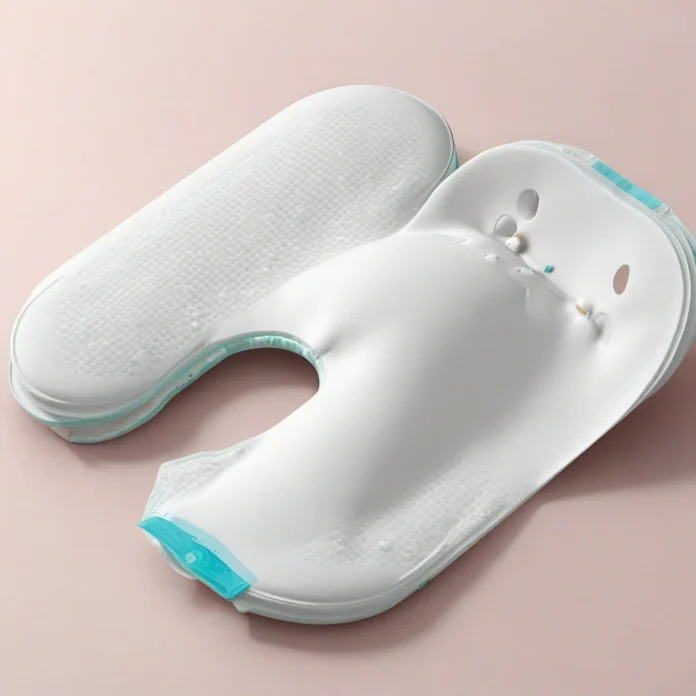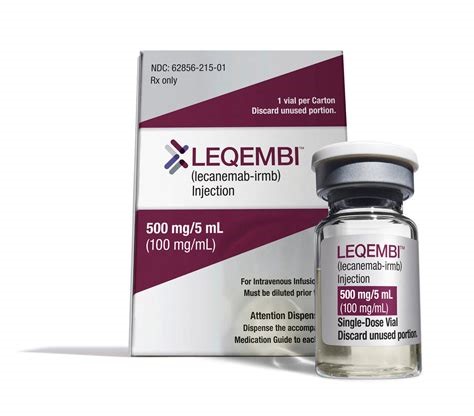Smart sanitary pads use rapid test strips and AI app to reveal key health biomarkers
Researchers at ETH Zurich have developed the first technology that is able to recognize biomarkers in menstrual blood—directly in sanitary towels. MenstruAI promises a simple, non-invasive method for recording health data in everyday life.
The study is published in the journal Advanced Science.
The application is simple: wear a sanitary towel with the integrated, nonelectronic sensor, take a picture of the used towel with your smartphone and use the app to analyze it. MenstruAI is designed to enable users to check their health regularly and effortlessly. For the first time ever, a new technology from ETH Zurich is bringing a tracking tool to a place where hardly anyone would expect it: the sanitary towel.
Menstrual blood is a source of information
Over 1.8 billion individuals menstruate, yet menstrual blood hardly plays any role in medicine. “This reflects a systemic lack of interest in women’s health,” states Lucas Dosnon, first author and doctoral student in the group of Inge Herrmann, a professor at the University of Zurich, Balgrist University Hospital, Empa and accredited at the Department of Mechanical and Process Engineering at ETH Zurich.
“To date, menstrual blood has been regarded as waste. We are showing that it is a valuable source of information,” says Dosnon.
Menstrual blood contains hundreds of proteins, and for many of them there is a correlation with their concentration in venous blood. Numerous diseases, including tumors such as ovarian cancer or endometriosis, lead to the presence of certain proteins in blood, which can serve as biomarkers for disease detection.
The ETH researchers used three biomarkers as a starting point for MenstruAI. They currently record the C-reactive protein (CRP) as a general inflammation marker, the tumor marker CEA typically elevated in all kinds of cancers, and CA-125, a protein that can be elevated in endometriosis as well as in ovarian cancer.
Many more protein-based biomarkers are currently being investigated and will be added to the list to reflect many other aspects of an individual’s health.











